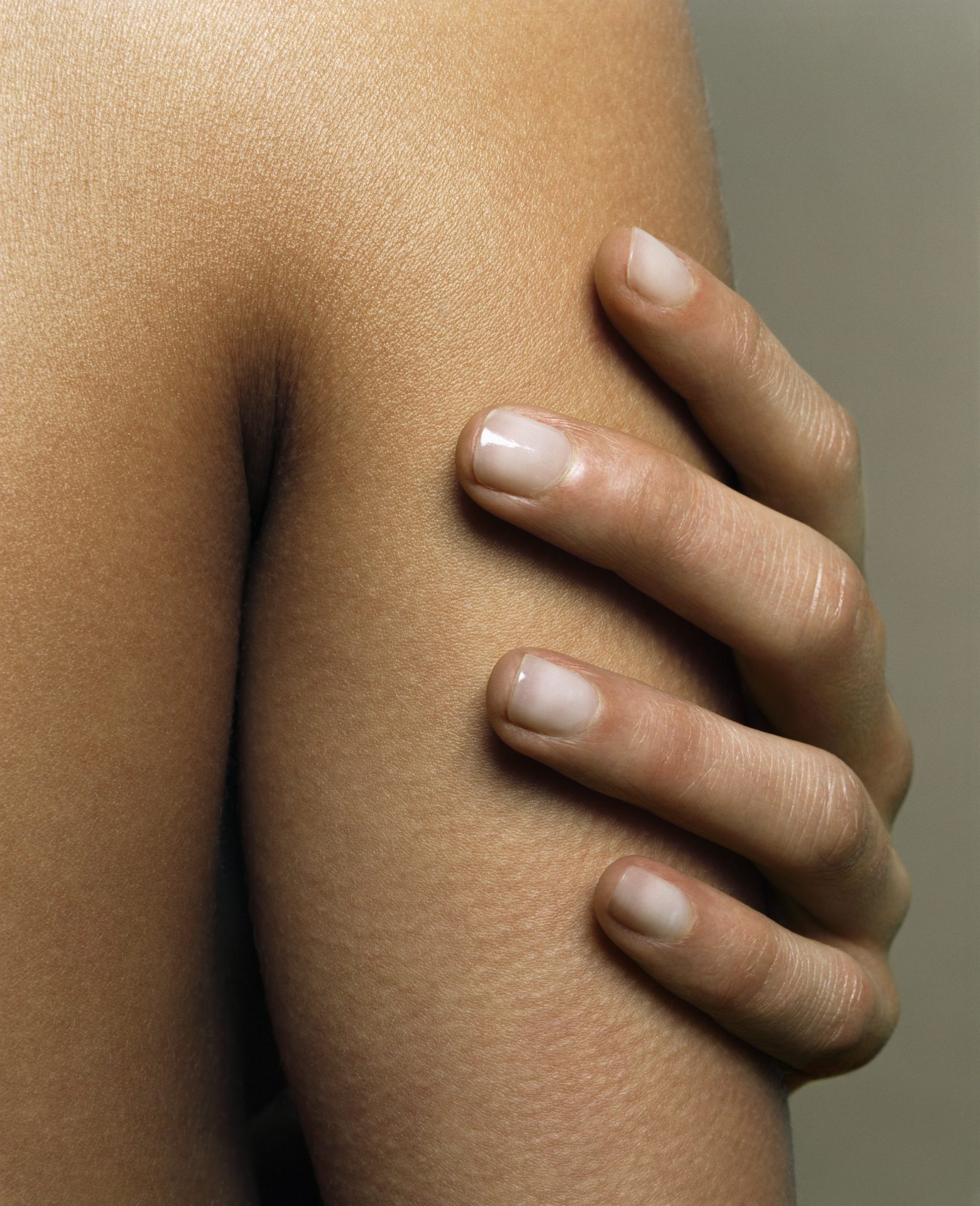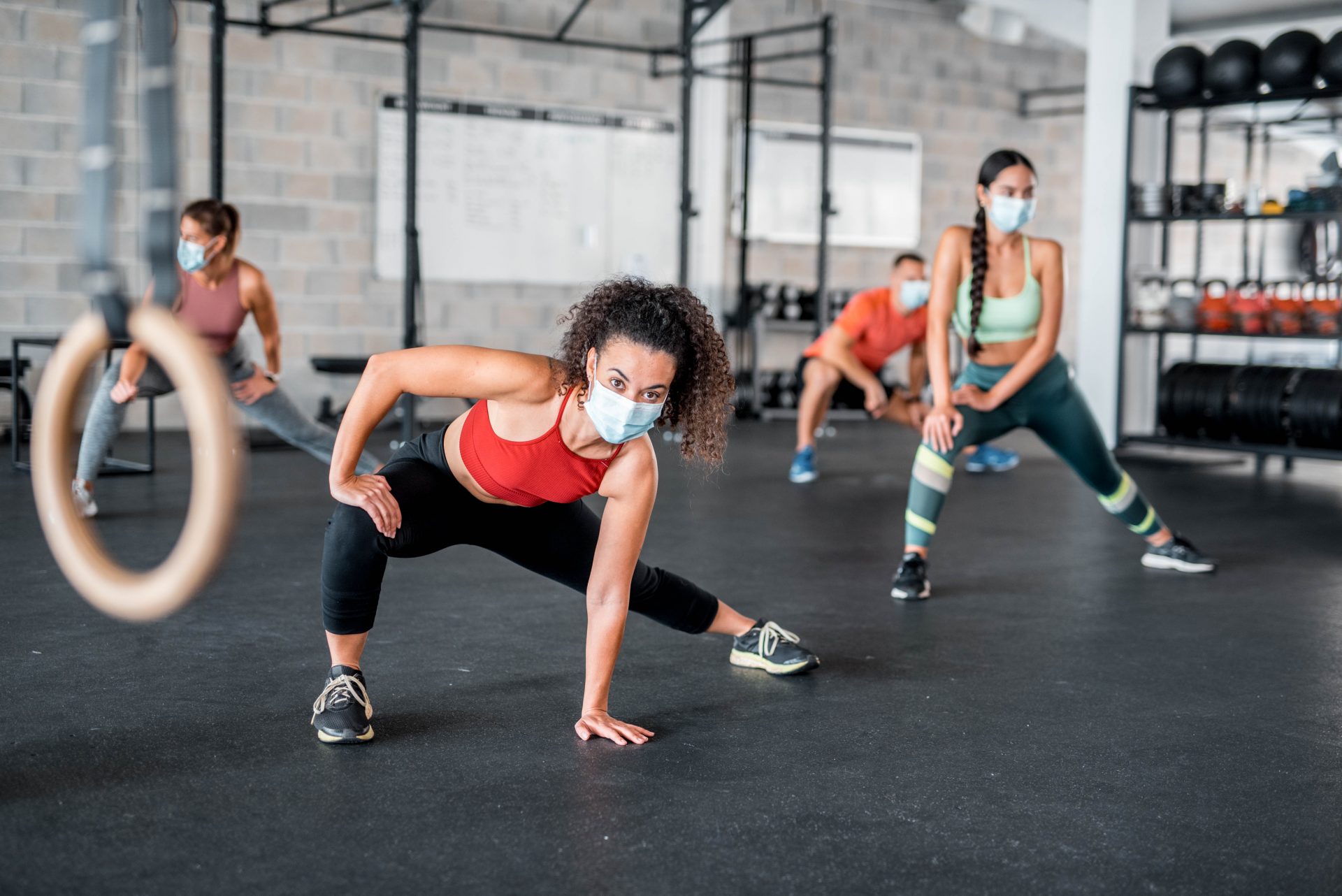Everything you need to know about working out before and after the Covid vaccine, according to an expert sports scientist.
Thanks to the Omicron coronavirus variant, adults in England can be invited for their third Covid-19 jab three months after their second dose. There have already been over 19 million ‘booster’ vaccines distributed in the UK, according to government stats, and as we roll into winter there’s a greater surge in people looking to protect themselves and others from the virus.
By this point, you probably already have expectations of how you’ll feel post-jab. But each reaction can be different, and the amount of rest and recovery needed is very individual. While you don’t need to cancel all of your plans, you should be cautious about what activities you choose to do after getting a vaccine.
You may also like
Coronavirus anxiety: has the discovery of the Omicron variant left you feeling overwhelmed? Here’s how to cope
That’s particularly true when it comes to exercising. If you’re wondering if it’s safe to exercise with muscle soreness, particularly in your jabbed arm, or whether a workout can help or hinder your body’s response to the vaccine, here’s everything you need to know.
Can I exercise before the COVID-19 vaccine?
“Exercise in the lead up to the vaccination (ie the day before) is fine and may in fact increase the likelihood of a beneficial response to the vaccine by improving your immune response. This hasn’t been shown with the SARS-CoV-2 vaccine but has been reported with the flu vaccine,” says Dr James Hull, associate professor at the Institute of Sport, Exercise and Health at University College London.
Research, including a 2019 paper published in the Journal of Sport and Health Science, has shown that exercise can improve immunity in the long term, but each exercise bout also causes an instant (albeit transient) increase in white blood cells, cytokines and other immune responses.
Despite this, Dr Hull says that you shouldn’t exercise vigorously on the day of vaccination. “It’s just a logical approach,” he says. “If you then get a reaction including muscle pain or headaches, you won’t know if it’s the vaccine or the vigorous exercise you’ve done.”

Can I exercise after the COVID-19 vaccine?
If you had plans to join a workout class after your vaccine, you might want to re-plan. “Light exercise is fine but we generally recommend avoiding very hard exercise in the 48 hours post vaccination,” says Dr Hull. “This is on the basis that a large proportion of people will develop some, usually minor, side effects (eg headache and muscle aches).”
Dr Hull’s research has found that 83% of young people who had the Pfizer vaccine reported local reactogenicity (ie arm aches) and 50% of people had systemic reactogenicity including fatigue and headache.
“It is not pleasant to try and exercise hard with these symptoms, so it’s best to plan your training week around your vaccination and build in a couple of recovery days.”

Is it safe to exercise after the COVID-19 vaccine?
Working out when you feel nauseous, fatigued, headachy or have muscle pain is never advised, whether that’s through illness, a hangover, a vaccine or any other reason. As for whether your workout impact your vaccine? “There’s no known evidence for exercise to impact the effectiveness of the vaccine,” says Dr Hull.
You may also like
Rest days: 6 signs you need to rest and when to take a recovery day from the gym
If you feel completely side effect free, you are probably safe to exercise. But given that side-effects can take a while to develop, there’s no need to push yourself. “I would stick to gentle exercise such as walking for 48 hours,” reiterates Dr Hull. “Unless you are a very elite or professional athlete, there’s simply no need to exercise on the day of your appointment.”
Remember that the vaccine doesn’t mean you are immune to coronavirus or can’t pass it on to other people, so if you do decide to go to the gym or play sport, ensure that you are training safely.
Most importantly, take it slow and give yourself a break if you need to. Your immune system will be working hard in response to the vaccine, so don’t try to put your body under too much other pressure.
Follow @StrongWomenUK on Instagram for the latest workouts, delicious recipes and motivation from your favourite fitness experts.
Images: Getty
Source: Read Full Article
